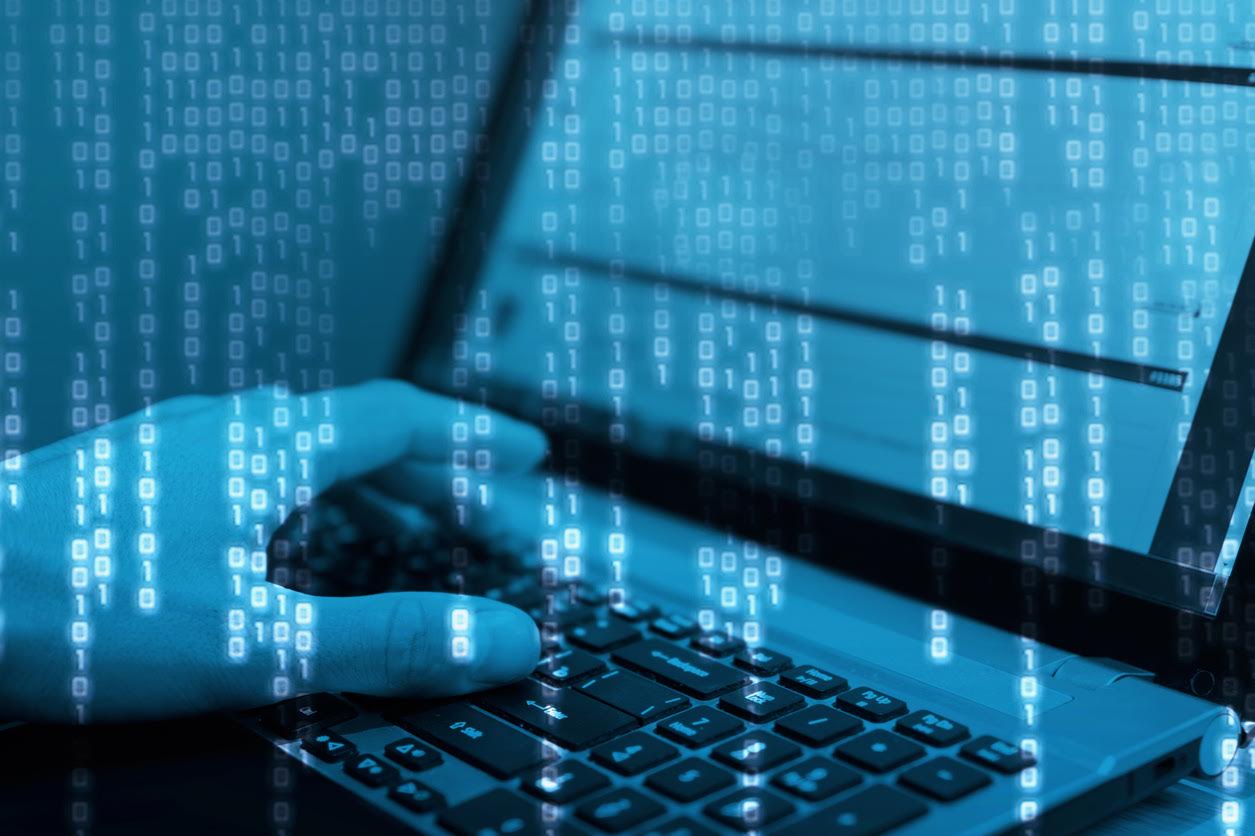By India Ashok
 The acknowledgement follows repeated allegations that Kremlin conducted cyber attacks targeting Western nations.
The acknowledgement follows repeated allegations that Kremlin conducted cyber attacks targeting Western nations.
Russia has for the first time reportedly acknowledged its military's involvement and efforts in cyberwarfare. Kremlin's "information troops" have allegedly been involved in various "intelligent, effective propaganda", according to Russian defence minister Sergei Shoigu. Kremlin's information warfare efforts have reportedly been significantly expanded post the Cold War.
Nato is believed to be one of the Russian military's top targets. Shoigu told Russian MPs, "we have information troops who are much more effective and stronger than the former 'counter-propaganda' section", BBC reported. The admissions follow repeated allegations against the Kremlin of conducting cyberattacks against Western nations. Russia has previously dismissed accusations of any attempts at carrying out cyberattacks.
Commenting on Shoigu's remarks, former Russian commander-in-chief Gen Yuri Baluyevsky said a victory in information warfare "can be much more important than victory in a classical military conflict, because it is bloodless, yet the impact is overwhelming and can paralyse all of the enemy state's power structures".
Russia targeting Nato
The USSR and the West's efforts in creating and spreading propaganda during the Cold War, in efforts to sway global public opinion may now be honed by Russia.
Ken Giles, Chatham House expert on Russian military, warns that Russia's focus on "information warfare" takes precedence over the West's focus on "cyber warriors" and hackers.
"The aim is to control information in whatever form it takes," he wrote in a Nato report called The Next Phase of Russian Information Warfare. "Unlike in Soviet times, disinformation from Moscow is primarily not selling Russia as an idea, or the Russian model as one to emulate. In addition, it is often not even seeking to be believed. Instead, it has as one aim undermining the notion of objective truth and reporting being possible at all."
Giles claimed that Russia has been "testing" Nato in different ways, including targeting some of its officials' social media accounts. "They have been reaching out to individuals and targeting them as if it comes from a trusted source," he added.
According to Giles, Russia allegedly began prioritising information warfare after the 2008 Russia-Georgia conflict.
Meanwhile, Nato is warning how cyberattacks can threaten the very fabric of society and democracy. Nato's deputy assistant secretary general for emerging security challenges, Jamie Shea said at the European Information Security Summit in London, "Cyber is facilitating more advanced and more effective psychological warfare, information operations, coercion and intimidation attacks. We used to worry about [hackers targeting] banks or credit cards or inconvenience to customers, now we worry about the future of democracy, the stability and health of our institutions," ZDNet reported.
Shea also highlighted how military and defence agencies will now be required to incorporate cybersecurity, in efforts to protect themselves against cyberattacks. "All of our current weapons programmes -- whether it be missile defence, joint information reconnaissance, drones, and so on -- have to now retrofit cybersecurity in a way that possibly wasn't planned in the outset," said Shea. "There's no doubt that cyber is going to have an impact on our military strategy and if we don't dominate it, then sooner or later an adversary is going to come up with a method to ensure it dominates us."
No comments:
Post a Comment